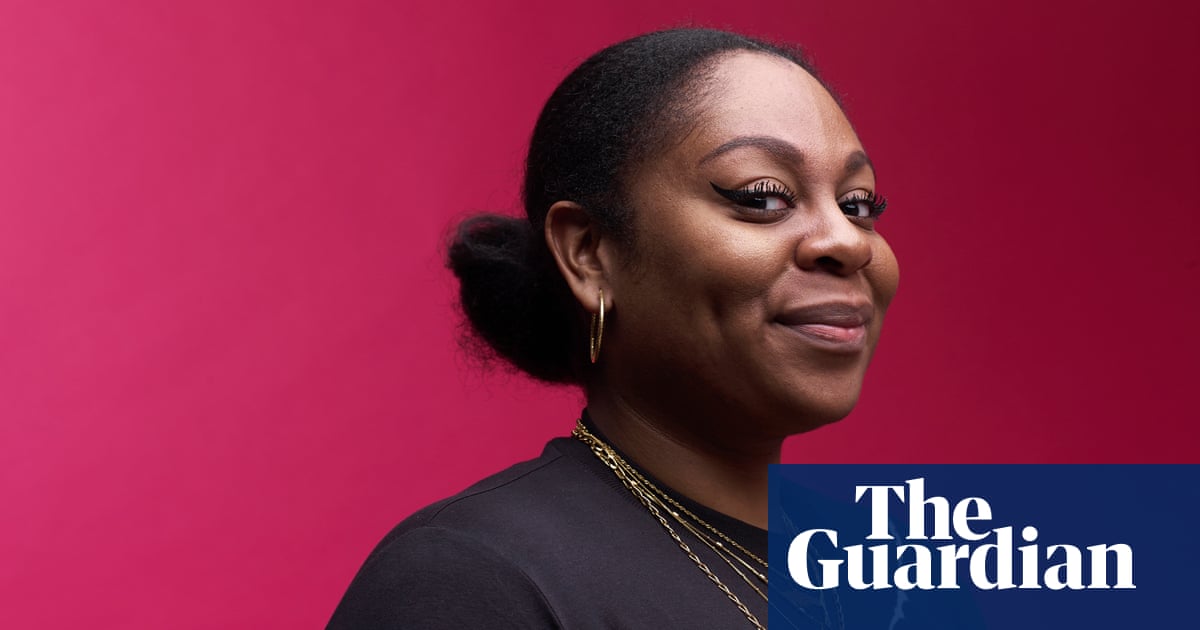A short story competition run by the Guardian and the publisher 4th Estate is now open to entries from unpublished writers of colour living in the UK and Ireland.
The 4thWrite prize, now in its ninth year, offers its winner £1,000, a publishing workshop at 4th Estate and publication of the winning story on the Guardian website.
This year’s judging panel featuresCandice Carty-Williams, who founded the prize while working as a marketing executive at 4th Estate before going on to publish her bestselling novel Queenie.
“Returning to 4th Estate to judge the prize I started nearly a decade ago will most likely be the most meaningful full-circle moment of my career,” she said. “I cannot wait to see and discuss with my fellow judges how writing and stories have changed in the last nine years to reflect the world we’re in now. I am both honoured and excited to get into it.”
Joining Carty-Williams on the judging panel is the poet Caleb Femi, associate literary agent Monica MacSwan, athlete Jazmin Sawyers, 4th Estate publishing director Kishani Widyaratna and Guardian books commissioning editor Lucy Knight.
“It’s always a joy to dive into work that challenges, moves and surprises you – and I can’t wait to discover what this year’s prize has in store,” said Femi.
Sign up toBookmarks
Discover new books and learn more about your favourite authors with our expert reviews, interviews and news stories. Literary delights delivered direct to you
after newsletter promotion
MacSwan said: “With the move away from Twitter and zines closing down, prizes are more necessary than ever for new writers of colour to make their voices heard.”
The prize “has launched the careers of some of contemporary fiction’s brightest talents”, she added. Writers previously recognised through the award include Bolu Babalola, the author of Love in Colour and Honey & Spice, and Guy Gunaratne, who wrote In Our Mad and Furious City and Mister, Mister.
The prize “offers a vital and important platform for emerging writers of colour across the UK and shines brilliant light on the wealth of talent out there”, said Widyaratna.
The competition is open for story submissions of up to 6,000 words until 8 June. Writers aged 18 and over can submit entries via the4th Estate website. A longlist will be announced by 10 August and the shortlist by 30 September, with the winner revealed in October at a London ceremony.
Last year’s prize was won byYan F Zhang for her story Fleeting Marrow, which is based on the real-life deportation of Chinese seafarers from the UK after the second world war.
